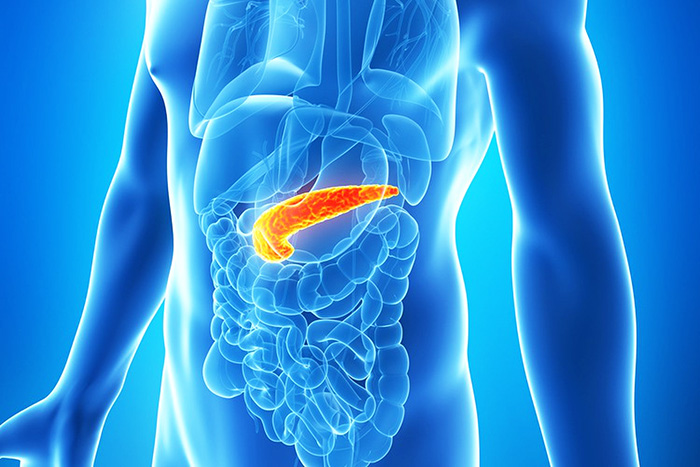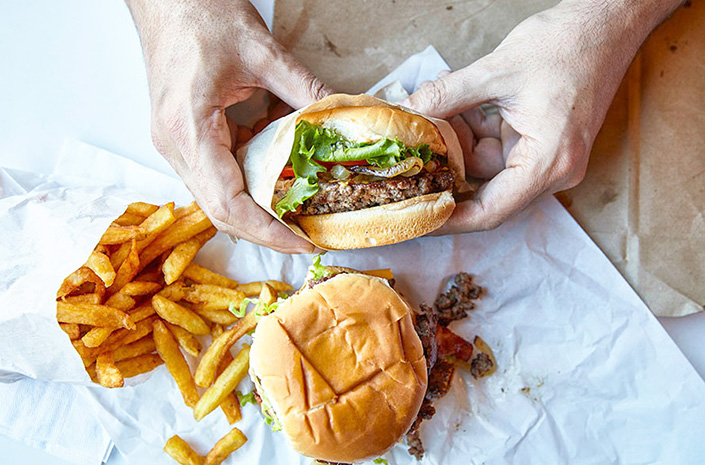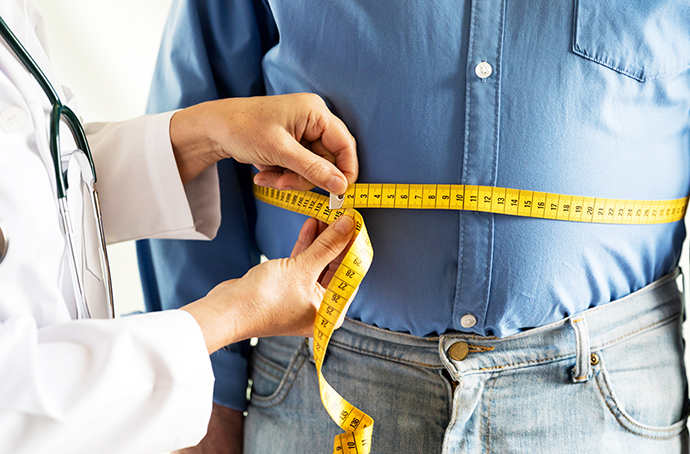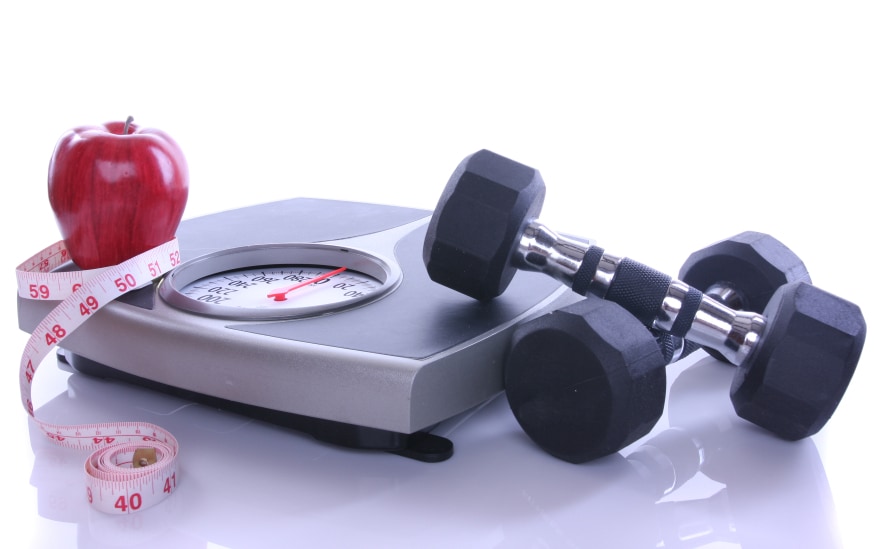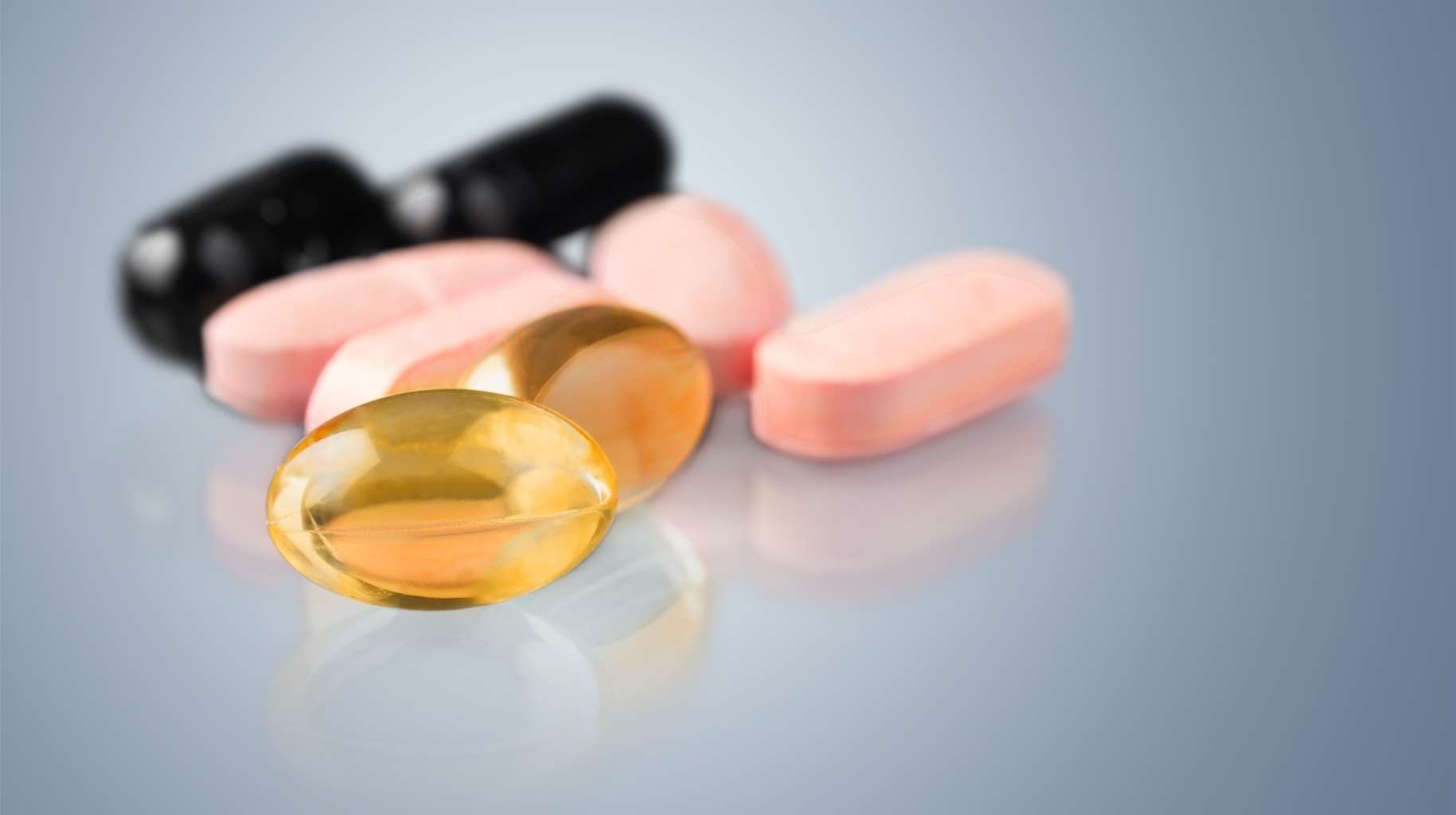Do you experience palpitations right after having a meal? You are not alone, and there are many different reasons behind such. This article will get you acquainted with some of those.
However, if you are experiencing palpitations for the first time, it’s very important for you to pay your doctor a visit to make sure that it’s nothing serious. Most cases of palpitations are harmless, although there are some instances in which it can be due to an underlying condition.
Given a clean bill of health by your doctor and still you experience palpitations after eating? Here are some of the things that can be blamed for such annoying phenomenon:
Your Digestive System Needs More Blood
After eating, the process of digestion begins. All the nutrients from the foods you just ate have to be distributed by the blood to the various parts of the body.
In order to divert more blood to your digestive system to commence the transport of nutrients, your heart has to beat faster, and it’s something that can leave you experiencing palpitations. Palpitations due to digestion can start in about 20 minutes after eating, and it can last for as long as 40 minutes.
You Had a Large Meal
It’s not unlikely for your palpitations to be more intense after consuming a large meal rather than a small one. The reason for this is, again, your heart is simply attempting to bring more blood to your digestive system.
Naturally, the only way to save yourself from feeling palpitations and also probably anxious is by steering clear of large meals. What you can do if you have a large appetite and are prone to palpitations after eating is to first have a small meal, and then have another small meal after a couple of hours.
You’re Suffering From Acid Reflux
There are many different symptoms of acid reflux, ranging from a metallic taste in the mouth to excessive gas. One of the most uncomfortable and scary things that this problem can bring is palpitations.
One of the smartest things that you may take if you have acid reflux and you don’t want to be bugged by palpitations is avoid trigger foods such as those that are spicy and greasy. In addition, you should refrain from wearing tight clothes especially while eating, and also avoid lying down after a meal.
You Consumed Stuff That’s High in Carbohydrates
As soon as they’re inside your body, carbohydrates are converted into sugar. And the more sugar you have in your blood, the greater your odds of experiencing heart palpitations, among many other problems.
That is why you should do your best to turn your back on foods that are high in carbohydrates as well as sugar if you are prone to having palpitations after a meal. Also, stay away from anything that has artificial sweeteners in it — numerous studies revealed that certain types of artificial sweeteners can cause palpitations.
You Had Coffee or Tea
Most people love to have a cup of coffee or tea, most especially after a hearty meal. Well, this is something that can leave you with palpitations for a very obvious reason: coffee and tea have caffeine in them.
Needless to say, it’s a no-no for you to consume soda, energy drinks and chocolate, too, if you don’t want to experience palpitations after a meal. If you want to have something that can assist with the process of digestion, consider opting for an herbal tea such as ginger tea or chamomile tea.
You’re Sensitive or Intolerant to Certain Foods
Have you noticed that you experience palpitations after eating certain types of foods? Then there is a huge possibility that you are sensitive or intolerant to those foods — or something in them.
Keep a food diary that you may check out the minute that you experience palpitations after eating — it can help you identify which foods could be the ones to blame. It’s also a good idea for you to pay your doctor a visit so that you may be provided with tests that can help with identifying foods that you should avoid.



